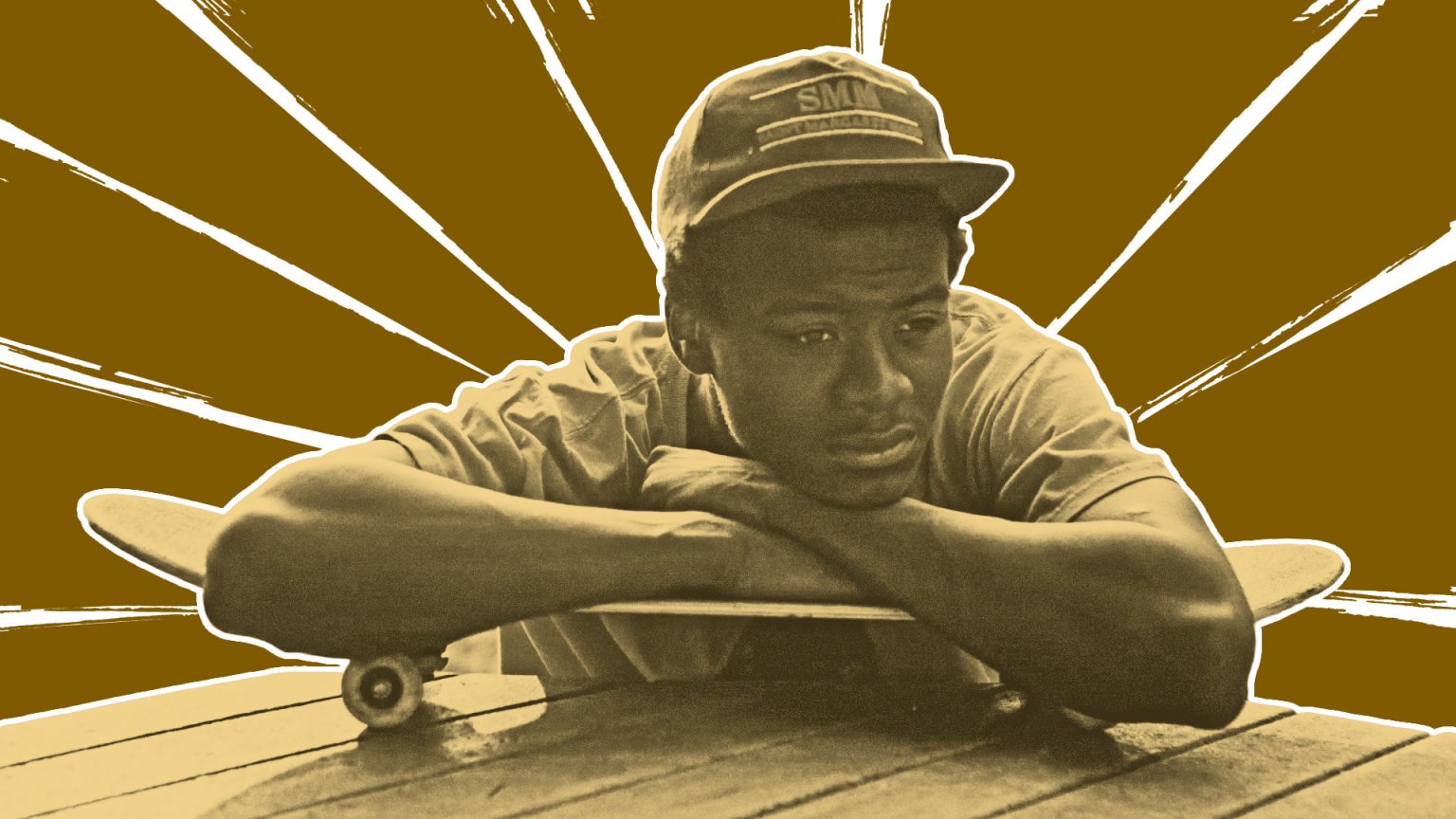The Fall Festival Season is nearly upon us, and Oscar prognosticators are already making predictions about what will or won’t be taking home the gold early next year.
But one of the most interesting races this year has already had its fair share of contenders premiered to wide acclaim, critically and commercially — the Best Documentary category. In fact, one could say that we’re in the Golden Age of Documentaries. After all, Won’t You Be My Neighbor?, RBG, and Three Identical Strangers are already the all-time top-grossing true-to-life tales. And let’s not forget the recipient of the inaugural overall Sundance Festival Favorite Award, Science Fair. Yet, there’s more to come, with Rashida Jones and Alan Hicks’ Quincy and documentaries from titans like Frederick Wiseman, Michael Moore, and Errol Morris releasing later this year.
However, there is one film, releasing this week on Hulu, that I’m afraid will be overlooked in the race: Bing Liu’s stunningly personal, moving, and heart-shattering Minding the Gap.
Can a small, semi-autobiographical film from a first-time filmmaker compete with the larger aforementioned films? Will Hulu, even newer to the Oscar game than Netflix, be able to wage a legitimate campaign for the film? On quality alone, yes, Minding the Gap should be a major contender.
The film documents the maturation of three friends — Bing, Zack, and Keire, who grow up in the declining Rust Belt city of Rockford, Illinois. Though their backgrounds are different, they are united by their love of skateboarding. The film chronicles each of their lives from when they first meet in middle school and high school, up until Zack is a twenty-three-year-old father and Keire is seventeen and looking to make a better life for himself in a city with one of the highest crime rates in the United States. While Liu smartly keeps the lens focused on his subjects, Minding the Gap is still a political, social, and cultural examination of the effects of a declining economy. Through its highly personal story, it becomes intensely political. As the film progresses, we learn where each of these three young men came from and where they are headed. And the film becomes an increasingly terrifying exploration of toxic masculinity, broken homes, and a Hoop Dreams-style look at the life of young kids becoming young adults. (Hoop Dreams director Steve James is an executive producer of Minding the Gap.)
Unlike some other first-time documentarians, who make powerful one-off personal documentaries, like Strong Island or Dear Zachary, Liu shows a masterful understanding of composition, editing, and narrative-building. Starting with a camera phone and camcorder footage of their early skateboarding days and progressing to highly polished Steadicam footage, Bing organically develops as a storyteller, a filmmaker, and as a person over time. As the film documents roughly ten years in the lives of its subjects, Bing wisely shifts focus from how skateboarding brought them together to something much more humane and universal: How time slowly changes a person. He shows no fear in confronting his best friend Zack about domestic abuse and he does not shy away from asking his mother why she married his step-father, an abusive alcoholic himself. Portraying his small town’s issues of racism, crime, and wealth disparity, Bing Liu’s film also paints a timely picture of America’s depressed working class.
Ultimately, it wouldn’t be the first time a smaller film was overshadowed by more popular movies — Oh, the irony of the Best Popular Film category. Yet Minding the Gap will, in my honest opinion, be the documentary that leaves the largest impact on the medium. None of this is to say that all talented filmmakers and documentarians should start turning the camera towards their own lives, but there’s an authenticity to Bing Liu’s first film, which dives deep into his own family history and the troubling development of one of his friends, while still broadly exploring the issues facing people in declining economies.
Minding the Gap doesn’t simply work because it’s personal, rather, it works because it’s universal.
Watch Now: Dear Zachary by Kurt Kuenne and Hoop Dreams by Steve James.




